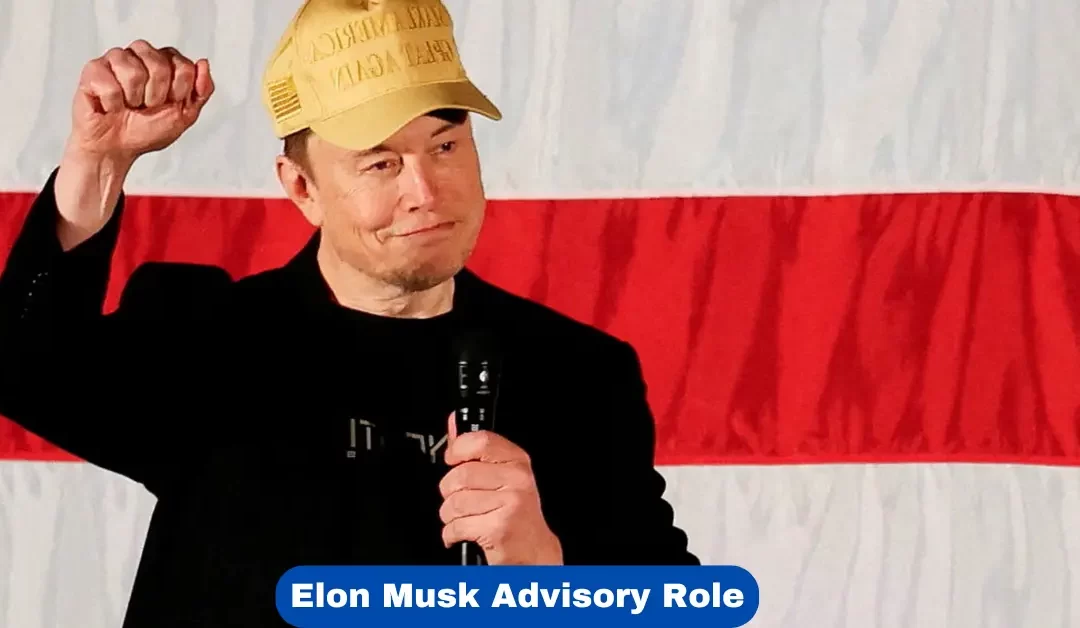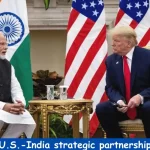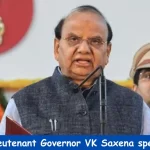Elon Musk and former presidential candidate Vivek Ramaswamy will head the newly announced Department of Government Efficiency, as revealed by Donald Trump on Tuesday. Despite its official-sounding name, this department will not function as a government agency but as an external advisory body. The purpose of this initiative is to provide the White House with guidance and recommendations to enhance government operations.
Purpose of the Department
According to Trump, the Department of Government Efficiency aims to reform the way government functions by focusing on reducing bureaucracy, eliminating unnecessary regulations, cutting wasteful spending, and streamlining federal agencies. This approach is intended to bring about significant structural changes, making the government more agile and responsive. “This move will disrupt traditional government systems and bring a fresh, entrepreneurial approach to public administration,” Trump stated.
Advisory Role and Structure
Musk and Ramaswamy’s roles will be advisory rather than official government positions. They will collaborate with the Office of Management and Budget (OMB) to push for substantial changes. Because they will not be formal government employees, they are exempt from the usual disclosure and ethics requirements, such as asset declarations and divestment of related holdings. This raises questions about transparency and potential conflicts of interest.
Elon Musk’s Vision for Government Efficiency
Elon Musk, the billionaire entrepreneur behind companies like Tesla, SpaceX, and Neuralink, has long advocated for making government operations more efficient. Musk has championed the idea of a government efficiency department for some time and is known for promoting the initiative using the playful acronym “Doge,” a nod to the popular Dogecoin cryptocurrency and internet meme.
Musk believes that by reducing government spending by $2 trillion, the administration can better allocate resources and improve the effectiveness of public services. Experts note that these proposed cost-cutting measures could lead to significant deregulation and changes that might benefit Musk’s business interests, including Tesla and SpaceX.
Vivek Ramaswamy’s Corporate Efficiency Experience
Vivek Ramaswamy, a biotech entrepreneur who ran for the Republican presidential nomination in the past election cycle, will bring his corporate expertise to the initiative. Although he has no prior government experience, Ramaswamy has been a strong advocate for cutting costs in the corporate world. Notably, after investing in Buzzfeed, he encouraged the company to reduce staff and hire conservative voices like Tucker Carlson.
Ramaswamy recently mentioned in an interview with ABC that he was in discussions about roles within Trump’s potential administration. “I’m excited to contribute to impactful change,” he said, signaling his enthusiasm for leading this reform-focused department.
Key Goals and Timeline
The main objective of the Department of Government Efficiency is to conduct an extensive audit of the federal government’s financial and operational performance. Trump highlighted that Musk and Ramaswamy’s work would culminate by July 4, 2026, in time for the 250th anniversary of the signing of the Declaration of Independence. “A leaner, more efficient government would be a true gift to the nation on this historic occasion,” Trump stated.
The department’s recommendations are expected to include measures to streamline agencies, cut excessive expenditures, and adopt innovative practices inspired by the private sector. This reflects Trump’s broader vision of a government modeled on corporate efficiency and accountability.
Potential Challenges and Public Scrutiny
While this initiative is ambitious, it comes with potential challenges. Because Musk and Ramaswamy will operate outside formal government roles, they are not bound by the Federal Advisory Committee Act’s public accountability standards. This could lead to concerns about how their advice and activities are monitored.
Critics also point out that major cost-cutting measures might impact existing government programs and regulations that support public welfare. Deregulation could result in changes that have both positive and negative effects on sectors closely tied to Musk’s companies, including electric vehicles and space exploration.































